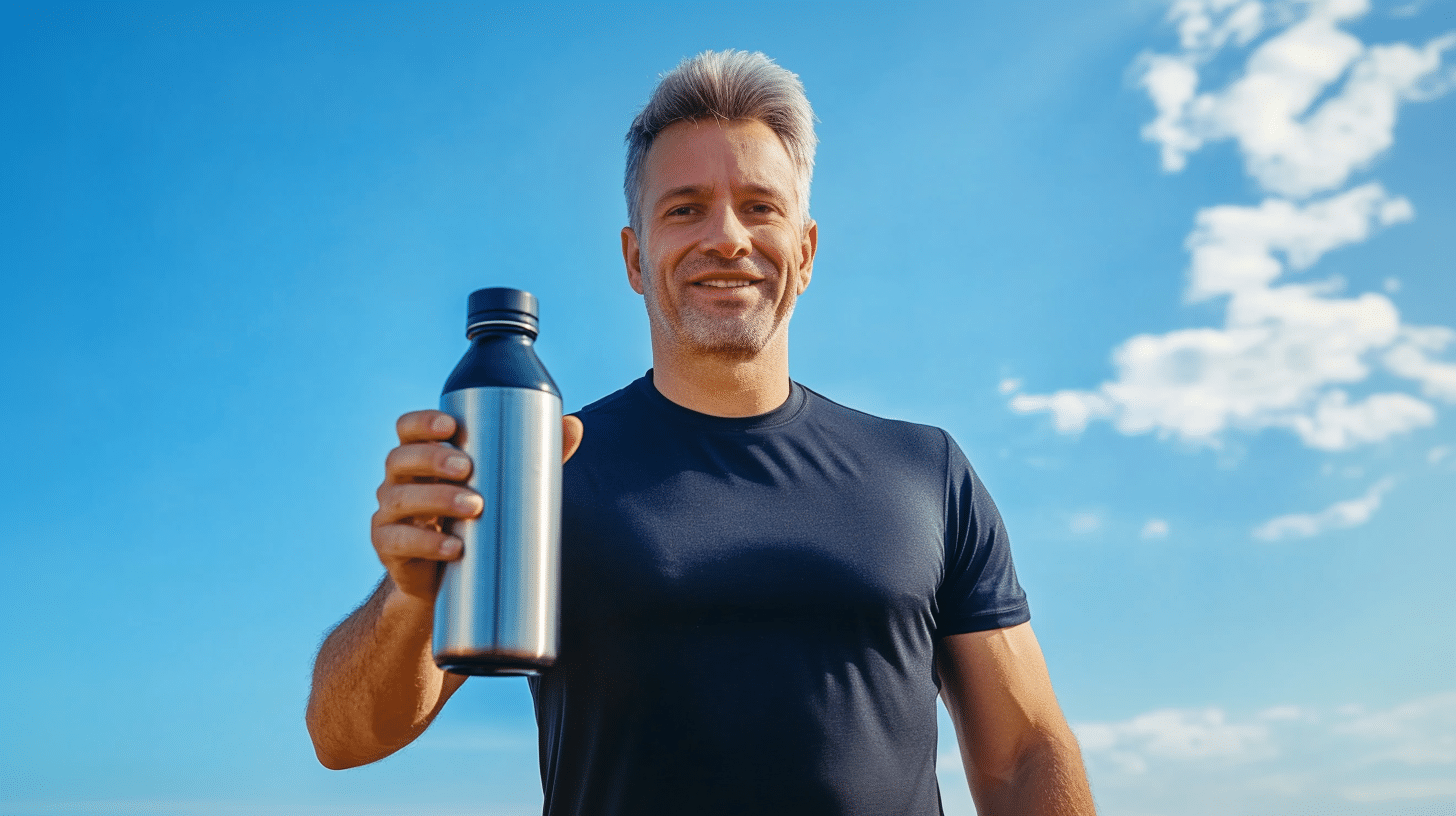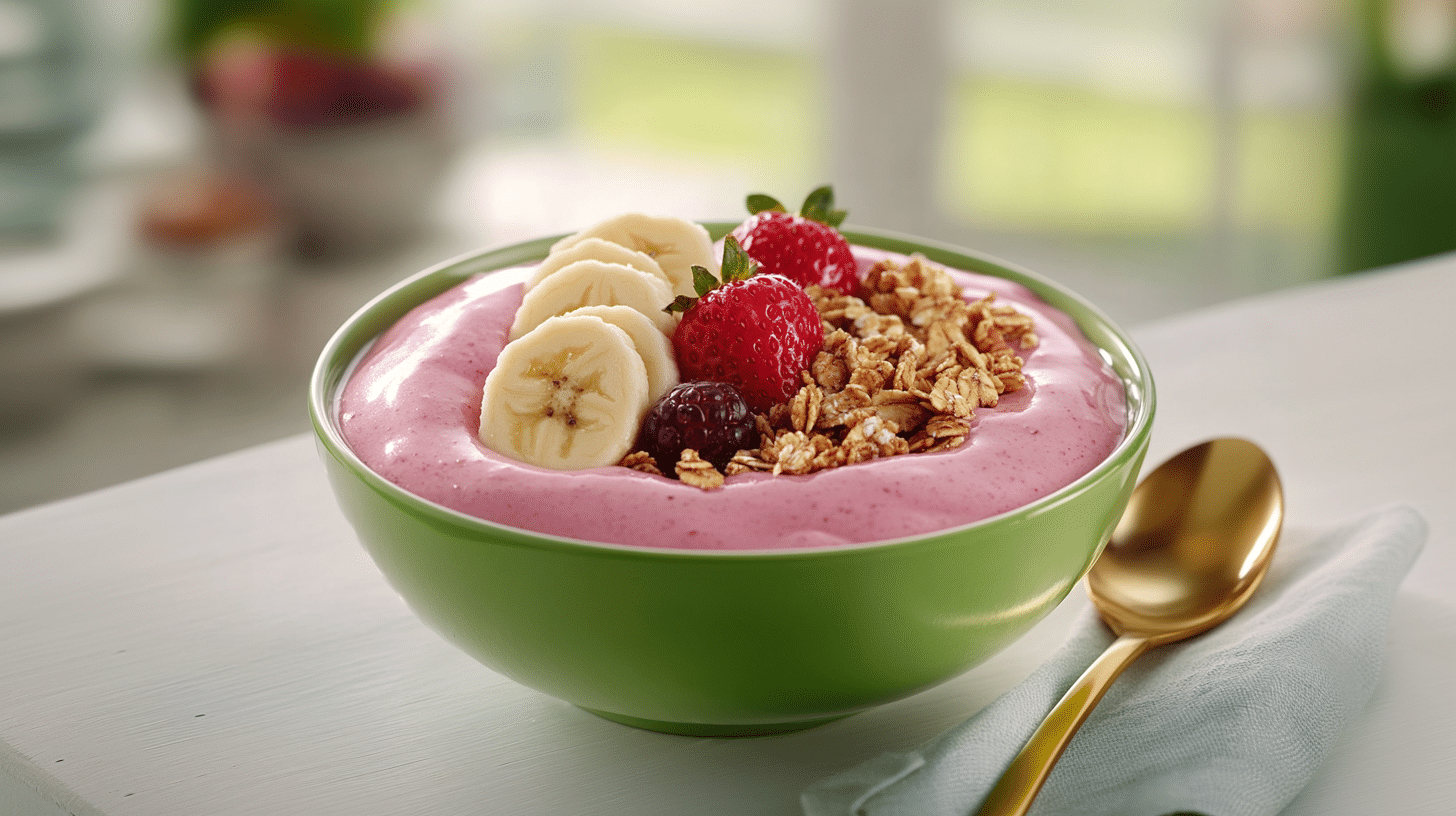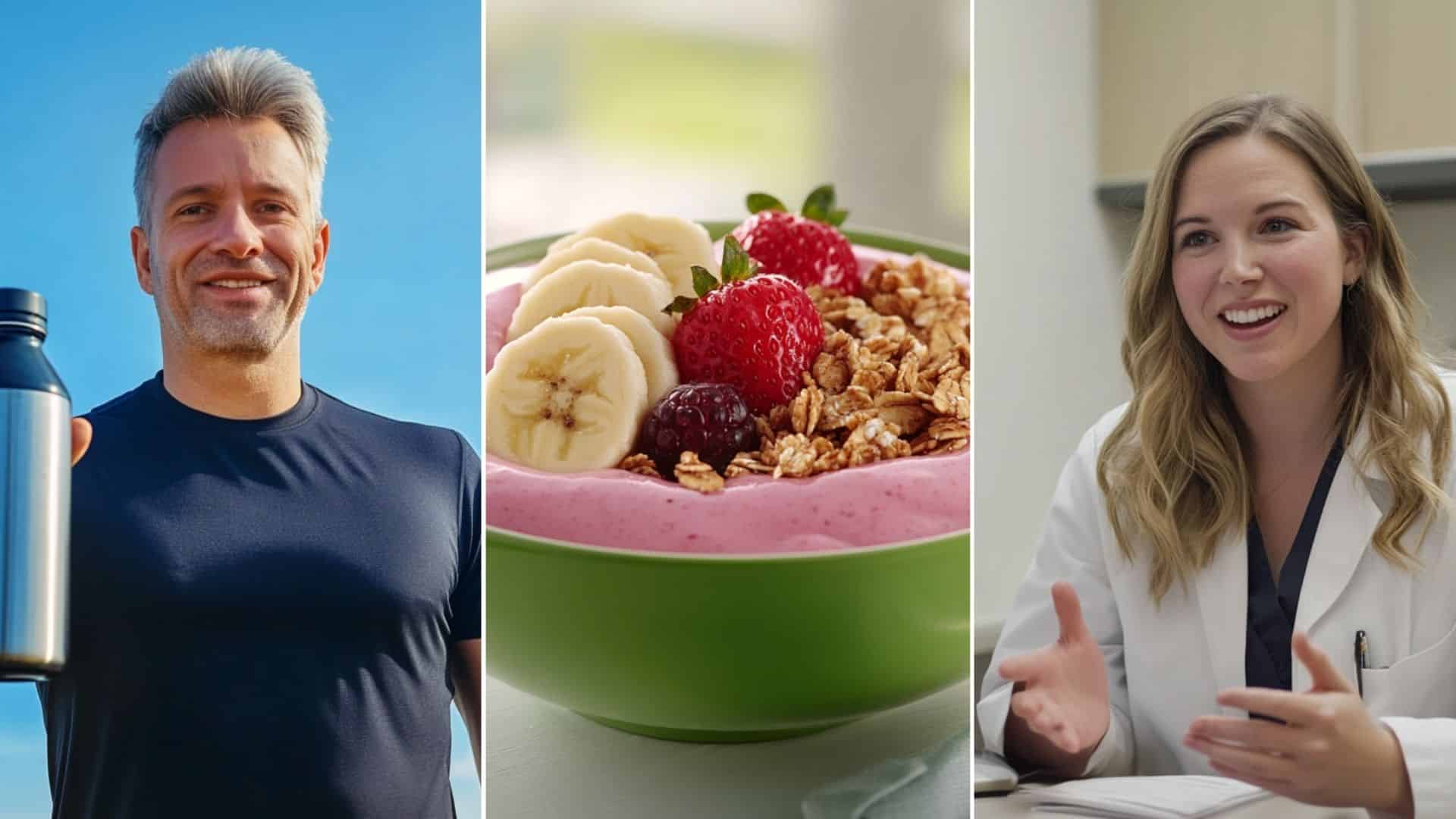Hydration is essential for optimal health and well-being, yet it is often underestimated in our daily routines. Water is the foundation of our body’s processes, influencing everything from physical performance to mood. Many people neglect their hydration needs, unaware of the profound impact it can have on their overall health. By recognizing the numerous benefits of proper hydration, such as enhanced physical performance and better weight management, individuals can unlock many advantages supporting a healthier, more energetic lifestyle. Adequate fluid intake is key to staying energized and sustaining long-term wellness.

Hydration and Health
Staying hydrated is essential for maintaining good health and well-being. Our bodies rely on adequate fluid intake to perform various functions, from regulating body temperature to supporting joint health. Drinking the right amounts of water ensures the proper working of our bodily systems and impacts everything from sports performance to weight management. Hydration affects how we feel, think, and move, emphasizing its importance in our daily lives.
Effects of Hydration on Physical Performance
Hydration plays a key role in enhancing athletic performance. A well-hydrated body can move better because water helps cushion joints, making movements smoother. Proper fluid intake is vital for endurance, supporting muscle function, and preventing cramps, especially in heart muscles. Breathing relies on body fluids to moisten air and boost oxygen uptake. Athletes should start hydrating four hours before exercise, aiming for 5 to 7 mL of fluid per kilogram of body weight. After working out, rehydrating with one and a half times the fluid lost is best, spread over two to six hours, to fully recover.

Role in Weight Management
Drinking enough water can be a game-changer for weight management. Water aids weight loss by curbing appetite and speeding up metabolism, which helps burn more calories. A study found that drinking 16.9 ounces (500 mL) of water before meals led to weight loss and reduced body fat. Timing matters, too; drinking water 30 minutes before meals increases fullness. Hydration also helps ease hangover symptoms like thirst and fatigue, indirectly aiding weight control post-alcohol consumption. Adequate daily intake of fluids supports overall health, influencing how active we are and affecting our weight maintenance efforts.
Identifying Hydration Sources
Staying hydrated is vital for maintaining good health and supporting bodily functions. Our bodies comprise about 60% water, and adequate fluid intake is essential for various processes. Hydration isn’t only about drinking water; it involves consuming different beverages and eating foods that contribute to our body’s water balance. Understanding the sources of hydration can help you make informed choices for your well-being.
Hydrating Beverages
Water is the top choice for staying hydrated, and drinking the correct amount is crucial for your health and activity. Women are advised to aim for about 9 cups of fluids per day, while men should aim for 13 cups, adjusting based on exercise and climate conditions. Besides water, other low-calorie beverages like plain coffee, tea, flavored water, and nutritional drinks like milk or vegetable juice can support hydration. Hydrating foods, mainly fruits like pineapple and watermelon, also complement fluid intake. Sports drinks are specifically designed to replenish electrolytes and boost energy during physical activity with ingredients like sugar, flavors, and salt.
Foods that Contribute to Hydration
Foods with high water content significantly contribute to staying hydrated. Options like watermelon, tomatoes, cucumbers, strawberries, bell peppers, celery, and lettuce can boost substantially hydration levels. While hydrating foods can supplement fluid intake, drinking at least half your body weight in ounces of water is still crucial. Melons, especially watermelon, are excellent hydrating foods because of their high water content. Combining fruits like pineapple and watermelon with water or sports drinks can enhance hydration and provide necessary electrolytes. Foods almost entirely composed of water, such as watermelon and spinach, play a key role in meeting daily fluid needs beyond just drinking water.
Strategies for Staying Hydrated
Hydration is key to maintaining optimal health and well-being. Staying hydrated supports numerous bodily functions, enhancing both physical and mental performance. Consuming adequate fluids helps regulate body temperature and prevent symptoms of dehydration, such as fatigue and headaches. Understanding the importance of fluid intake and employing simple strategies can support overall health, manage body weight, and improve athletic performance, especially during hot weather or physical activity.
Daily Hydration Tips
Ensuring adequate daily water intake is essential for health. Women should aim for at least 9 cups of water daily, increasing to 10 cups during pregnancy and 12 cups when breastfeeding. A large, reusable water bottle nearby encourages regular sipping throughout the day. Opt for water or low-calorie beverages like unsweetened tea to avoid sugary drinks. During physical activity, illness, or in warm climates, boost fluid intake to offset sweat and fluid loss. Additionally, include electrolyte-rich snacks containing sodium, potassium, calcium, and magnesium to prevent mild dehydration during extended exertion.

Meal Planning for Optimal Hydration
Incorporating foods high in water content into your meals can aid hydration. Foods such as watermelon, cucumbers, tomatoes, and lettuce contribute significantly to your daily intake. Make it a habit to drink a glass of water with each meal to ensure proper hydration levels. While juices and popsicles can help, limiting their intake due to high sugar content keeps added sugars below 10% of your total calories. Focus on low-calorie drinks such as plain coffee, tea, and flavored water to enhance hydration. For prolonged physical activity, snacks with sodium and potassium are beneficial for replacing lost electrolytes and supporting hydration.
Hydration Tracking Tools
Using hydration-tracking tools can be particularly beneficial for athletes and active individuals. Devices that monitor hydration levels can help optimize fluid intake during intense activities. Understanding your hydration needs can involve calculating sweat rates by assessing weight changes pre- and post-exercise, alongside fluid and urine output. Proper hydration is vital in hot weather and for those with heart conditions, those over 50, or who are overweight. A hydration pack or reservoir ensures easy water access and encourages frequent sipping for sports and outdoor activities. During extended activities over an hour, consuming electrolytes like sodium and potassium is crucial to replenish lost fluids.
Hydration for Better Health and Weight Management
Hydration plays a crucial role in supporting physical health and weight management. Staying hydrated can enhance your overall well-being, improve energy levels, and help you manage your weight more effectively. Suppose you want to make hydration a key part of your wellness journey. In that case, Regner Health Solutions can help you create a personalized weight loss plan incorporating hydration and other health strategies. Contact (952) 900-3994 to schedule a consultation and take the next step toward achieving your health and weight loss goals.






